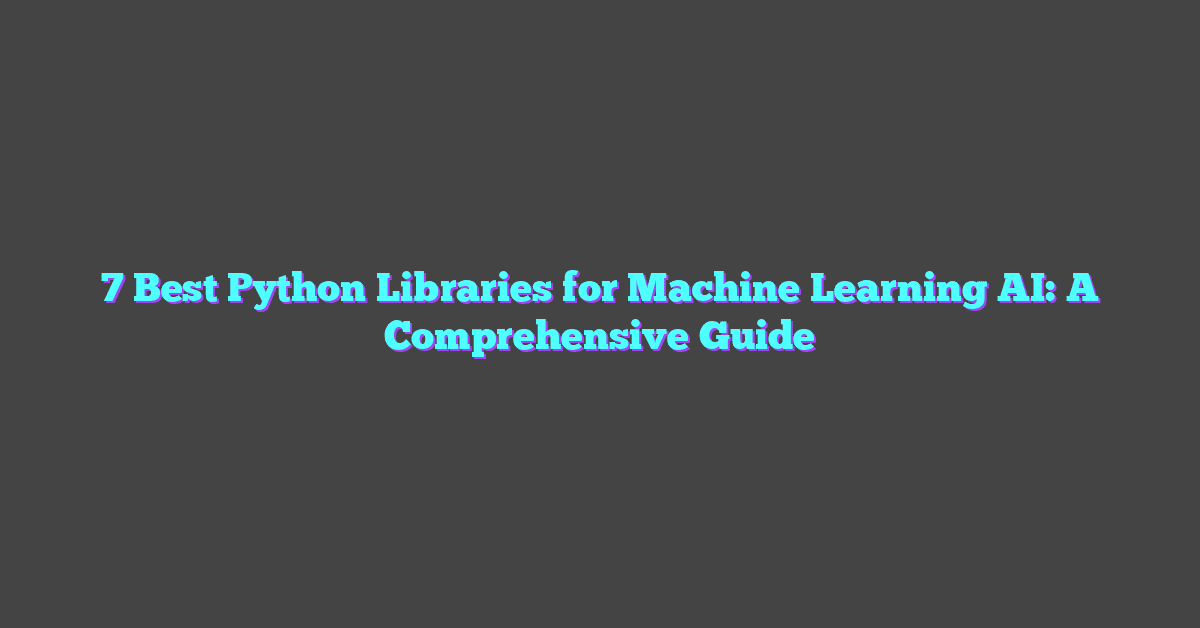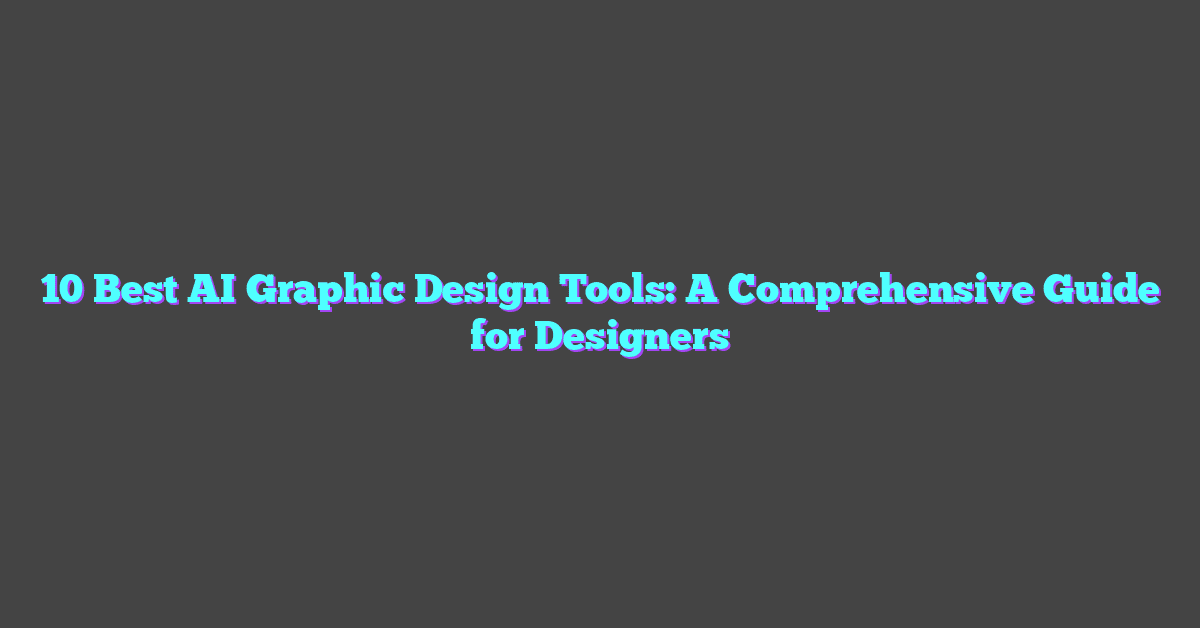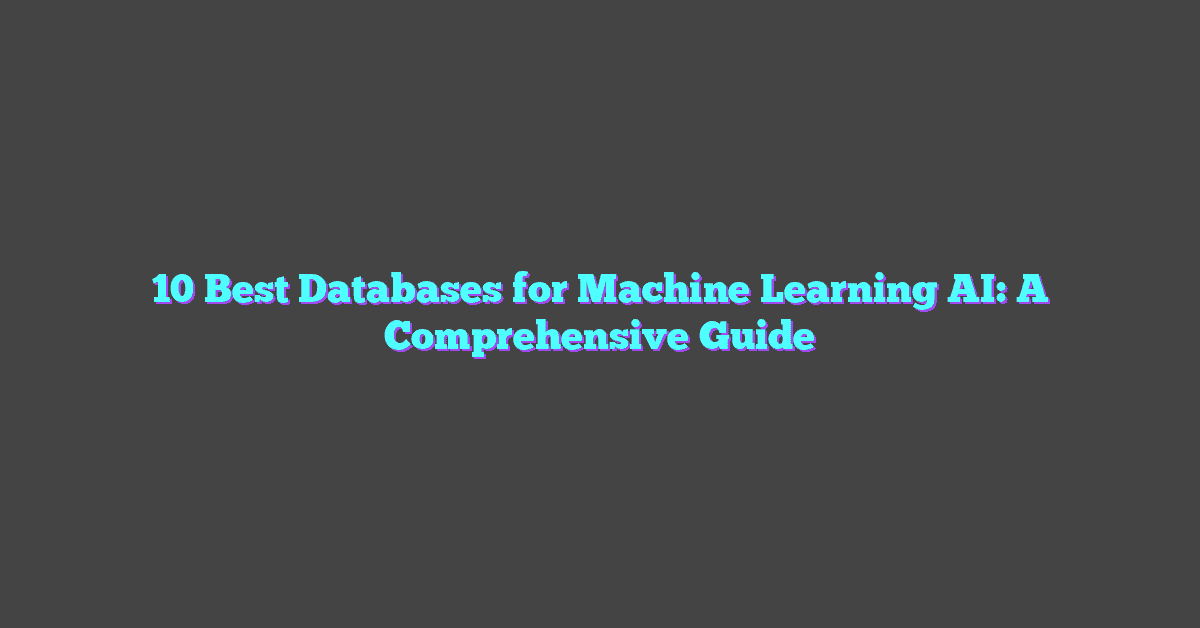Key Takeaways
- Enhances Efficiency and Scalability: Automates content creation, allowing agencies to handle more projects with reduced production time.
- Reduces Operational Costs: Utilizes advanced AI tools to lower expenses by approximately 30%, enabling better resource allocation.
- Delivers Personalized Content: Analyzes user data to create tailored content, boosting engagement and conversion rates.
- Leverages Key AI Technologies: Employs platforms like GPT-4 and analytics tools such as Google Analytics to ensure high-quality, optimized content.
- Essential Team and Strategy: Building a skilled team and defining a clear niche are critical for launching and growing a successful AI-driven content agency.
- Maintains Competitive Advantage: Combines AI innovation with human expertise to ensure consistent quality and stay ahead in the content marketing sector.
In today’s digital landscape, businesses crave innovative ways to engage their audiences. An AI-driven content agency offers exactly that by harnessing artificial intelligence to craft compelling, personalized content.
Using advanced AI tools, these agencies streamline the content creation process, ensuring efficiency and consistency while tailoring messages to specific audiences. Starting an AI-driven content agency not only meets the rising demand for high-quality content but also places entrepreneurs at the cutting edge of marketing technology.
Benefits Of Starting An AI-Driven Content Agency
An AI-driven content agency offers numerous advantages for entrepreneurs in the digital marketing landscape:

Increased Efficiency
AI automates repetitive tasks, reducing content production time by up to 50%. This allows agencies to handle more projects simultaneously.
Cost Reduction
Implementing AI tools lowers operational costs by approximately 30%. Agencies can allocate resources to strategic initiatives rather than manual processes.
Scalability
AI systems enable agencies to scale their content creation efforts effortlessly. They can accommodate increasing workloads without compromising quality.
Personalization
AI analyzes user data to deliver personalized content experiences. Targeted content enhances user engagement and drives higher conversion rates.
Competitive Advantage
Employing advanced AI technologies sets agencies apart from competitors. It positions them as innovative leaders in the content marketing sector.
Data-Driven Insights
AI-generated analytics provide actionable insights. Agencies can refine their strategies based on real-time performance data.
Consistency and Quality
AI ensures consistent content quality across various platforms. It maintains brand voice and adheres to predefined standards.
Key Technologies And Tools
AI-driven content agencies rely on advanced technologies and tools to deliver high-quality, personalized content efficiently. These technologies streamline content creation and optimize performance through data-driven insights.
AI Content Generation Platforms
AI content generation platforms automate the creation of various content types, enhancing productivity and consistency. Key platforms include:
- OpenAI’s GPT-4: Facilitates natural language generation for articles, blogs, and social media posts.
- Jasper AI: Offers customizable templates for marketing copy, product descriptions, and more.
- Copy.ai: Provides tools for brainstorming ideas and generating creative content quickly.
- Writesonic: Supports multilingual content creation and integrates with popular CMS systems.
- ContentBot: Delivers automated content suggestions and edits to maintain brand voice.
These platforms leverage machine learning algorithms to produce coherent and contextually relevant content, reducing manual effort and increasing output quality.
Analytics And Optimization Tools
Analytics and optimization tools are essential for measuring content performance and refining strategies. Critical tools include:
- Google Analytics: Tracks website traffic, user behavior, and conversion metrics in real-time.
- HubSpot Analytics: Integrates marketing data to provide comprehensive performance reports.
- SEMrush: Analyzes SEO effectiveness and identifies opportunities for content improvement.
- Hotjar: Visualizes user interactions through heatmaps and session recordings.
- Tableau: Transforms data into interactive dashboards for actionable insights.
These tools enable agencies to monitor key performance indicators, optimize content based on user engagement, and make informed decisions to enhance overall marketing effectiveness.
Steps To Launch Your Agency
Launching an AI-driven content agency involves strategic planning and execution. Follow these key steps to establish a successful venture.
Defining Your Niche And Services
Identify a specific market segment to target, enhancing expertise and service quality. Consider the following:
- Content Types: Blog posts, social media updates, newsletters, whitepapers, and video scripts.
- Industries: Technology, healthcare, finance, e-commerce, and education.
- AI Services: Content personalization, data-driven insights, SEO optimization, and automated content generation.
Focusing on a niche allows the agency to tailor AI tools and strategies effectively, meeting the unique demands of the chosen market.
Building A Skilled Team
Assemble a team with diverse expertise to drive the agency’s success. Key roles include:
- AI Specialists: Develop and manage AI models for content creation and optimization.
- Content Strategists: Design content plans aligned with client goals and market trends.
- Writers and Editors: Produce and refine high-quality, engaging content.
- Data Analysts: Interpret performance metrics to guide strategic decisions.
- Sales and Marketing Professionals: Acquire clients and promote the agency’s services.
| Role | Key Responsibilities |
|---|---|
| AI Specialists | Develop AI models, manage automation tools |
| Content Strategists | Create content plans, monitor industry trends |
| Writers and Editors | Generate and polish content, ensure quality |
| Data Analysts | Analyze performance data, provide actionable insights |
| Sales and Marketing | Client acquisition, manage marketing campaigns |
A well-rounded team leverages AI technology to deliver consistent, high-quality content while adapting to evolving client needs.
Marketing And Growing Your Agency
Effective marketing and strategic growth are essential for scaling an AI-driven content agency. Leveraging AI technologies enhances these efforts, ensuring sustained success.
Digital Marketing Strategies
Implement SEO to increase organic traffic by 40%, utilizing AI tools like SEMrush for keyword optimization. Deploy PPC campaigns with Google Ads, targeting a 5% conversion rate through precise audience segmentation. Utilize social media platforms such as LinkedIn and Twitter, scheduling posts with tools like Buffer to maintain consistent engagement. Implement email marketing campaigns using HubSpot, achieving open rates of 20% and click-through rates of 5%. Analyze website performance with Google Analytics, identifying areas for improvement and optimizing user experience to boost retention by 15%.
Networking And Partnerships
Build partnerships with technology providers like OpenAI to access advanced AI tools, enhancing service offerings. Join industry associations such as the Content Marketing Institute to connect with potential clients and collaborators. Attend conferences and webinars related to AI and content marketing, establishing the agency’s presence and credibility. Collaborate with complementary businesses, such as digital marketing firms and web development companies, to offer comprehensive solutions. Engage in online communities and forums, sharing expertise and generating leads through platforms like LinkedIn Groups and Reddit. Foster relationships with influencers in the AI and marketing sectors, leveraging their networks to expand the agency’s reach by 25%.
Client Management And Project Workflow
Effective client management and streamlined project workflows are essential for the success of an AI-driven content agency. Leveraging AI tools enhances both client interactions and operational efficiency.
Acquiring And Retaining Clients
Building a strong client base requires strategic approaches and reliable relationship management.
- Targeted Outreach: Utilize AI-powered CRM systems like HubSpot or Salesforce to identify and reach potential clients based on specific criteria such as industry, company size, and content needs.
- Personalized Proposals: Generate customized proposals using AI tools like Jasper AI, ensuring each proposal addresses the unique requirements of the client.
- Automated Follow-Ups: Implement AI-driven email automation to maintain consistent communication, increasing the likelihood of client engagement and conversion.
- Client Onboarding: Streamline the onboarding process with AI chatbots that guide clients through necessary steps, collect essential information, and answer common queries.
- Feedback Collection: Use sentiment analysis tools to gather and analyze client feedback, enabling continuous improvement of services and client satisfaction.
Efficient Project Management
Optimizing project workflows ensures timely delivery and maintains high-quality standards.
- Task Automation: Employ project management software like Asana or Trello integrated with AI features to automate task assignments, track progress, and set deadlines.
- Resource Allocation: Utilize AI algorithms to allocate resources effectively, balancing workloads and maximizing team productivity based on project requirements and team availability.
- Content Generation: Leverage AI content generators such as OpenAI’s GPT-4 to produce drafts quickly, allowing human editors to refine and ensure quality.
- Performance Monitoring: Implement AI analytics tools like Google Analytics and Tableau to monitor project performance metrics, providing real-time insights into productivity and areas for improvement.
- Risk Management: Use predictive analytics to identify potential project risks, enabling proactive measures to mitigate delays or issues that could impact project outcomes.
Key Tools and Technologies
| Tool | Purpose |
|---|---|
| HubSpot CRM | Client relationship management |
| Jasper AI | Personalized proposal and content drafting |
| Asana | Project management and task automation |
| OpenAI GPT-4 | Content generation and ideation |
| Google Analytics | Performance monitoring and data analysis |
| Tableau | Data visualization and reporting |
By integrating these strategies and tools, an AI-driven content agency can effectively manage client relationships and streamline project workflows, ensuring consistent delivery of high-quality content.
Challenges And Solutions
Starting an AI-driven content agency involves navigating various challenges while implementing effective solutions to ensure success.
Maintaining Content Quality
Ensuring high-quality content remains a priority when leveraging AI technologies. Common challenges include:
- Consistency in Brand Voice: AI models may struggle to maintain a uniform tone across different content pieces.
- Accuracy and Relevance: Generated content can sometimes include inaccuracies or lack relevance to the target audience.
- Creative Nuances: AI may find it difficult to replicate human creativity and nuanced expressions.
Solutions:
- Human-in-the-Loop Editing: Integrate skilled editors to review and refine AI-generated content, ensuring it aligns with brand standards.
- Continuous AI Training: Regularly update and train AI models with relevant data to enhance accuracy and relevance.
- Quality Assurance Protocols: Implement stringent quality control measures, including automated checks and manual reviews, to maintain content excellence.
Managing AI-Driven Processes
Effectively managing AI-driven processes is crucial for operational efficiency. Key challenges include:
- Integration Complexity: Combining various AI tools and systems can be technically challenging and time-consuming.
- Data Management: Handling large volumes of data required for AI operations demands robust data management strategies.
- Scalability Issues: Scaling AI solutions to accommodate growing workloads without compromising performance is often difficult.
Solutions:
- Unified AI Platforms: Utilize integrated AI platforms that offer seamless connectivity between different tools and systems.
- Robust Data Infrastructure: Establish strong data management frameworks, including secure storage, efficient data processing, and regular data backups.
- Automated Workflow Management: Implement automation tools to streamline workflows, ensuring scalability and reducing manual intervention.
- Performance Monitoring: Continuously monitor AI systems using analytics tools to identify and address performance bottlenecks promptly.
By addressing these challenges with targeted solutions, an AI-driven content agency can maintain high standards and achieve sustainable growth.
Future Of AI In Content Agencies
AI continues to reshape content agencies by introducing advanced technologies that enhance efficiency and creativity. Natural Language Processing (NLP) advancements enable more accurate content generation and sentiment analysis. Agencies leverage machine learning algorithms to predict content performance, ensuring higher engagement rates.
Personalization becomes more sophisticated as AI analyzes extensive user data to deliver tailored content experiences. This shift leads to hyper-targeted marketing, increasing conversion rates by aligning content with specific audience preferences.
Multimodal content creation integrates text, images, and videos generated by AI, allowing agencies to produce diverse content types seamlessly. This integration supports omnichannel marketing strategies, ensuring consistent messaging across various platforms.
Predictive analytics empower agencies to anticipate market trends and adjust strategies proactively. By utilizing real-time data analysis, agencies can optimize content strategies for better ROI and client satisfaction.
Human-AI collaboration enhances creativity, with AI handling repetitive tasks and humans focusing on strategic and creative aspects. This synergy results in higher quality content and increased productivity.
Ethical AI practices gain prominence as agencies prioritize data privacy and content authenticity. Implementing AI governance frameworks ensures responsible use of AI technologies, maintaining client trust and regulatory compliance.
Emerging Technologies and Trends
| Technology | Impact on Content Agencies |
|---|---|
| GPT-5 and Beyond | More advanced content generation with nuanced understanding |
| AI-Driven Video Tools | Automated video creation and editing |
| Voice AI | Enhanced voice-activated content and podcasts |
| Augmented Reality | Interactive and immersive content experiences |
| Blockchain for AI | Improved transparency and security in AI operations |
These emerging technologies and trends indicate a dynamic future where AI-driven content agencies achieve greater innovation, efficiency, and personalized client solutions.
Conclusion
Starting an AI-driven content agency opens up a world of possibilities for entrepreneurs eager to lead in the marketing technology space. Embracing AI not only boosts efficiency and scalability but also allows for delivering personalized content that truly resonates with audiences. By building a skilled team and leveraging the right tools you can overcome challenges and drive your agency’s success.
The future holds even more exciting advancements with AI continuing to evolve enhancing creativity and offering new ways to connect with clients. With dedication and strategic planning an AI-driven content agency can thrive and set new standards in the content marketing industry.




